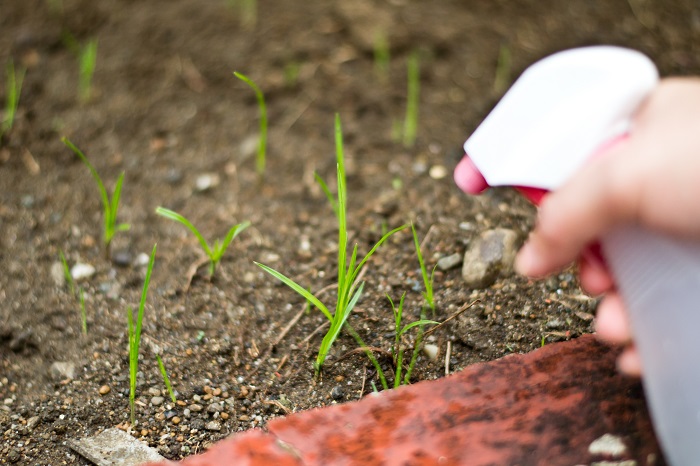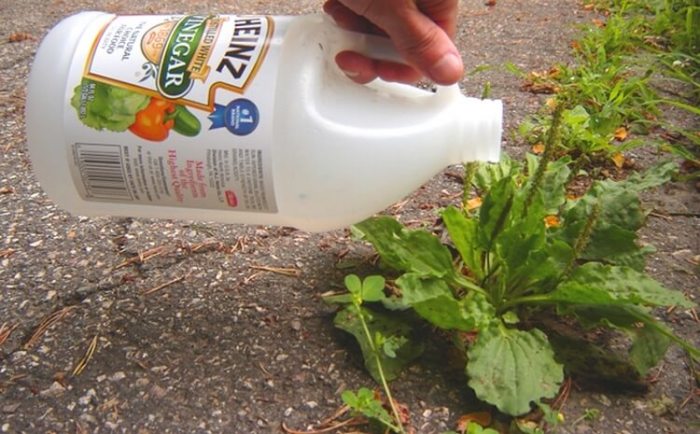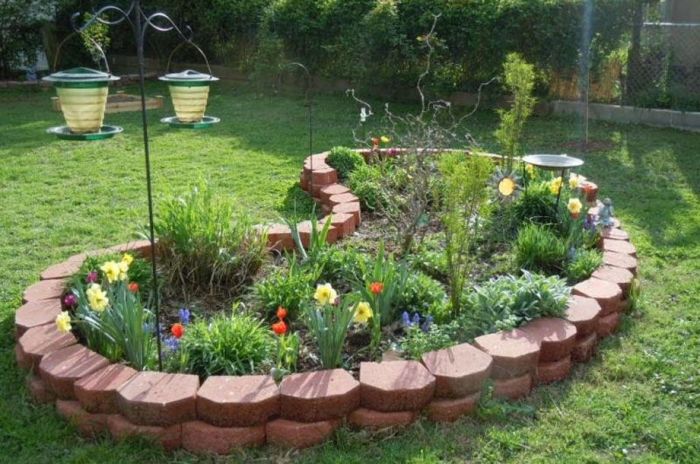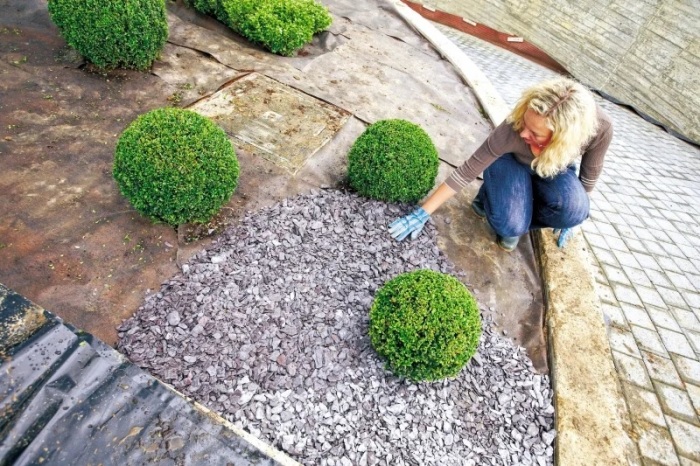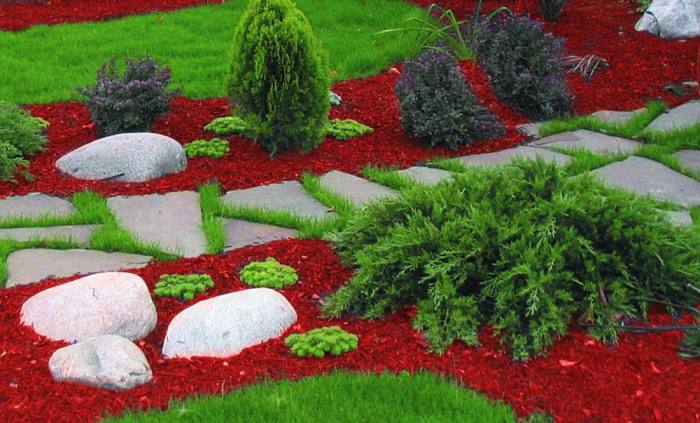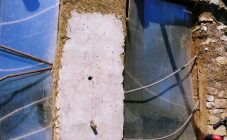Weeds poison the life of many amateur gardeners, because they take away the strength and moisture from really useful plants, thereby affecting the quality and quantity of the future harvest. But not everyone wants to use chemistry in their garden, so below is a list of safe weed control methods.
Boiling water
The most popular of the improvised means is scalding unnecessary plants with boiling water. The result is especially well seen on young plants, they are destroyed and die before our eyes. To enhance the effect of the method, you can add half a tablespoon of table salt to boiling water.
Vinegar
It is also an effective remedy against useless plants. It is important to know the following points here: with vinegar solution it is easy to touch useful greens and such a composition greatly changes the composition of the soil, making it dry and infertile. If in the future something is planned to be grown in this place, then it is better to choose another method of weed control.
Salt
Salt is an excellent helper no longer with mature weeds, but with their smallest sprouts. Experienced gardeners say that if you treat the necessary areas with rock salt immediately after winter, then you will no longer need to weed this place. This is a great option for working on inaccessible areas, where, for example, the same lawnmower does not reach.
Mulching
Garden lovers are alike in the same opinion. mulch is the best way to prevent unnecessary weeds from growing. When choosing a material, everything will depend on the landscape solutions and the individual taste of a person: you can choose both organic and inorganic solutions. The first include straw, stones, hay. The second: rubber, rubber crumb, plastic decorative elements.
For the light of the lack of light and the possibility of growth, weeds simply simply stop multiplying and growing.
Landscape
In the fight against weeds, special landscape techniques are also excellent. For example, you can install large stones on the site, which will not only carry decorative functions, but also protect the soil from unnecessary plants. Thus, two issues will be solved simultaneously.
